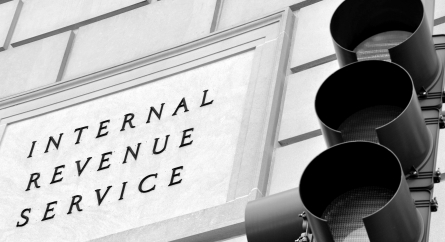Tax Year 2023 Annual Inflation Adjustments
The Internal Revenue Service has announced the tax year 2023 annual inflation adjustments for more than 60 tax provisions including tax rate schedules and other tax changes. Here are some key highlights:
- The standard deduction for married couples filing jointly for tax year 2023 increases to $27,700, up $1,800 from the prior year. For single taxpayers and married individuals filing separately, the standard deduction increases to $13,850 for 2023, up $900. For heads of households, the standard deduction for tax year 2023 is $20,800, up $1,400 from the amount for tax year 2022.
- For tax year 2023, the highest rate remains 37% for individual single taxpayers with incomes greater than $578,125 ($693,750 for married couples filing jointly).The other rates are:
- 35% for incomes over $231,250 ($462,500 for married couples filing jointly);
- 32% for incomes over $182,100 ($364,200 for married couples filing jointly);
- 24% for incomes over $95,375 ($190,750 for married couples filing jointly);
- 22% for incomes over $44,725 ($89,450 for married couples filing jointly);
- 12% for incomes over $11,000 ($22,000 for married couples filing jointly).
- The tax year 2023 maximum Earned Income Tax Credit amount is $7,430 for qualifying taxpayers who have three or more qualifying children, up from $6,935 for tax year 2022. Please see the revenue procedure for other categories, income thresholds and phase-outs.
- For tax years beginning in 2023, the monthly limitation for the qualified transportation fringe benefit and the monthly limitation for qualified parking increased to $300, up $20 from 2022.
- For the taxable years beginning in 2023, the dollar limitation for employee salary reductions for contributions to health flexible spending arrangements increases to $3,050. If the cafeteria plan permits the carryover of unused amounts, the maximum carryover amount is $610.
- For taxable years beginning in 2023, the foreign earned income exclusion amount under § 911(b)(2)(D)(i) is $120,000.
- Estates of decedents who die during 2023 have a basic exclusion amount of $12,920,000, an increase of $860,000 from 2022.
- The annual exclusion for gifts in 2023 is $17,000.
This information and additional details can be found on the IRS website.
Categorized: Taxes
Tagged In: Earned Income Tax Credit, foreign earned income exclusion, Income Tax, inflation, standard deductions, tax brackets, tax rate schedules











